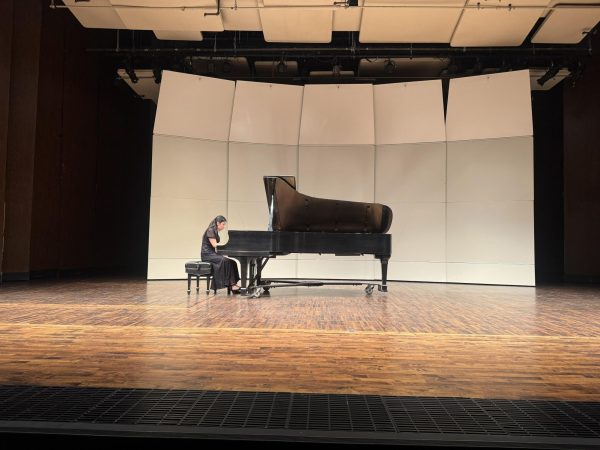Guns on campus: past, present and future
On Nov. 13, 2015, in Wade vs. University of Michigan, the Court of Claims ruled that state universities have the same level of power as the state in terms of creating and enforcing their own ordinances. This specific case was in reference to carrying weapons on campus.
Wade has since appealed this decision and the Appellate Court has yet to rule on the case.
The Court of Claims ruling was based off of two previous cases, District of Columbia vs. Heller and Capital Area District Library (CADL) vs. Michigan Open Carry, Inc.
According to mlive.com, CADL vs. Michigan Open Carry, Inc. ruled that libraries were considered “quasi-municipal entities that, like other local public libraries, are subject to state law.”
In the Wade case, the court drew a distinction between libraries and state universities and ruled that because a university is not a local unit of government (like a library), it has the same level of power as the state.
According to OUPD Police Chief Mark Gordon, Oakland University has had an ordinance in effect for over thirty years prohibiting the possession of a weapon on campus. Carrying weapons on campus is also discussed in the student code of conduct.
Prior to the Wade ruling, enforcing the ordinance was difficult for OUPD as it was unclear whether state law trumped the code of conduct.
Before this decision, concealed pistol license (CPL) carriers had no restrictions concerning open carry on college campuses. Though, they could not conceal their weapon in a residential area or academic building on campus.
Students could not carry at all according to the student code of conduct.
The new ordinance extends to visitors and students and constitutes a 90-day misdemeanor whereas the code of conduct was only enforceable by the Dean of Students.
“An ordinance has more authority than a student code of conduct because it’s a law,” Gordon said. “Right now, we can regulate visitors because it’s an ordinance. It applies to everyone.”
The exception to Oakland’s regulation is for OUPD and off-duty officers as stated in ordinance 7.06. This allows for them to conceal carry on campus.
Gordon believes that many universities have already had ordinances in effect concerning weapons but that this ruling has made it easier to enforce by university police.
Gordon also explained that there have only been a handful of times in which individuals had to be approached about a weapon on campus and that, generally, they were cooperative.
“It’s more an educational opportunity than a defiant situation,” Gordon said.
Now the question is whether or not the Appellate Court will uphold the Court of Claims ruling.
If the ruling is reversed, open carry will be allowed on campus by CPL holders in all buildings. Students who open carry with a CPL will have to go through Dean of Students concerning any penalties because it would only be enforceable by the code of conduct.
A court date has not been set by the Appellate Court and it could be months before a ruling is announced.
Gordon encourages students and anyone obtaining a CPL to seriously consider the responsibility and restrictions that go with the license and to stay informed on campus policies and ordinances.





